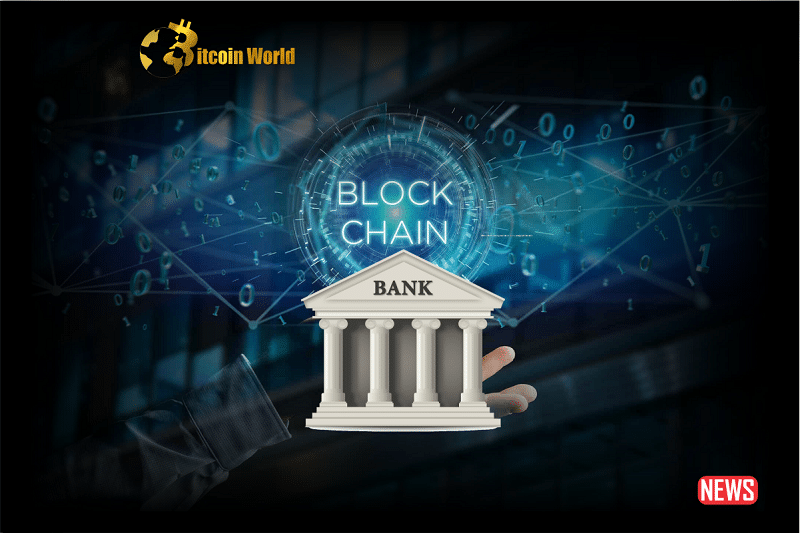In today’s fast-paced world, where contactless payments and instant money transfers are the norm, it’s easy to overlook a significant portion of the global population: the unbanked. While many of us enjoy the convenience of modern financial systems, millions are still excluded. Think about it – according to the World Bank’s Global Findex report, a staggering 24% of adults worldwide – over a billion people – remain outside the reach of formal banking.
Let’s put that into perspective. Imagine entire communities and even nations where a significant portion of the population operates primarily in cash, excluded from the basic financial tools many of us take for granted. In Nigeria, for example, only 45% of adults have a bank account. Bangladesh and Colombia aren’t far behind, with 53% and 60% respectively. Even in a developed nation like the U.S., around 4.5% of households are unbanked – that’s still nearly 6 million families.
Being unbanked isn’t just an inconvenience; it’s a significant barrier. It limits access to essential services, perpetuates poverty, and hinders economic opportunity. But here’s where things get interesting: Blockchain technology, often associated with cryptocurrencies, is emerging as a powerful tool to change this narrative. It’s stepping in to redefine how we approach identity verification and financial inclusion, offering a potential lifeline to those currently excluded.
Digital Identity: The Key to Unlocking Financial Access?
How can blockchain help? The answer lies in digital identity. Think about it – to open a bank account, you need to prove who you are. For many unbanked individuals, especially in developing regions, traditional forms of identification are often unavailable or unreliable. This is where blockchain-based digital identity solutions come into play.
Major players are already recognizing the potential. Consider Accenture’s partnership with Microsoft on the ID2020 initiative, or IBM’s blockchain-based digital credentials service. These initiatives, alongside startups like Worldcoin (known for its iris-scanning technology), are all pushing towards a future where digital identity is secure, accessible, and user-controlled.
But what exactly makes blockchain-based digital IDs so beneficial?
- Self-Sovereign Identity: Imagine having complete control over your digital identity. With blockchain, users are empowered to manage their own data, deciding what information to share and with whom. This minimizes the need to disclose unnecessary personal details, enhancing privacy.
- Control and Consent: Forget relying on intermediaries. Blockchain puts you in the driver’s seat, allowing you to manage data sharing and permissions directly, without needing to go through third parties. Your data, your rules.
- Fast Verification: Blockchain leverages digital signatures and public/private key cryptography to enable incredibly swift ID verification processes. This means faster access to services and reduced waiting times.
- Decentralization: Unlike traditional databases that can be vulnerable to single points of failure, blockchain data is distributed across a network of nodes. This decentralization makes the system far more resilient to hacking and data breaches.
- Traceability: Every transaction on a blockchain is recorded immutably. This creates a transparent and auditable trail, significantly reducing the risk of fraud and enhancing trust in the system.
- Reduced Costs: Innovative blockchain solutions, like those utilizing technologies such as Ripple, are designed to streamline processes and lower costs, particularly for cross-border payments and transactions.
Putting It All Together: A Seamless, Borderless Future?
The ultimate vision is to create interoperable blockchain-based digital identities that work seamlessly across borders and platforms. Imagine a world where a single, secure compliance check allows individuals to access a wide range of services and accounts, regardless of where they are. This could be transformative for global citizens and particularly beneficial for the unbanked.
However, the path forward isn’t without its bumps. Let’s talk about some of the challenges.
Navigating the Hurdles: What are the Challenges?
While the potential of blockchain for digital identity and financial inclusion is immense, some significant challenges need to be addressed:
- Market Fragmentation: The blockchain space is still evolving, and different solutions and platforms are emerging. This fragmentation can create interoperability issues and hinder widespread adoption.
- Cross-Border Regulatory Compliance: Navigating the complex landscape of international regulations is a major hurdle. “Know Your Customer” (KYC) and anti-money laundering (AML) regulations vary significantly from country to country, creating compliance complexities for blockchain-based identity systems operating globally.
- Security and Scams: While blockchain itself is secure, the ecosystem around it isn’t immune to risks. Unfortunately, some startups offering blockchain identity services have fallen prey to scams, highlighting the need for robust security measures and due diligence.
Despite these challenges, progress is being made. We’re likely to see emerging market leaders who champion decentralization principles and prioritize user empowerment. Nations like the UK are already taking steps to certify digital identity check providers, and blockchain-based AML solutions are gaining traction in the fight against financial crime.
The Promise of Progress: A More Inclusive Financial Future
Blockchain’s role in digital identity management holds incredible promise for enhancing financial inclusion. By providing secure, verifiable digital identities, blockchain can empower the unbanked to access essential financial services, opening doors to loans, work opportunities, and greater economic participation.
The advantages – enhanced privacy, speed, and robust security – are undeniable. As both established players and innovative startups continue to contribute to this evolving landscape, the future of blockchain and digital identity in banking the unbanked is brimming with exciting possibilities. It’s a journey worth watching, as it has the potential to reshape the financial landscape and bring millions into the fold of the global economy.
Disclaimer: The information provided is not trading advice, Bitcoinworld.co.in holds no liability for any investments made based on the information provided on this page. We strongly recommend independent research and/or consultation with a qualified professional before making any investment decisions.




